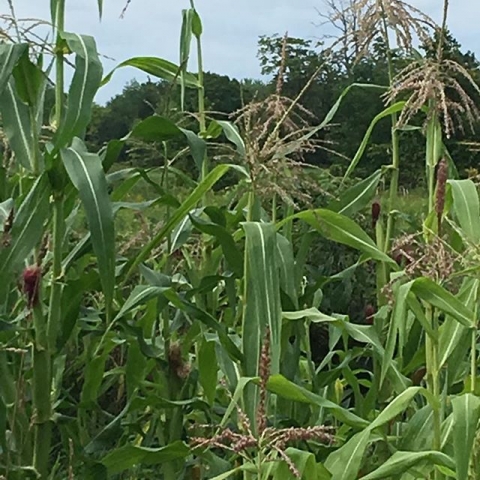
After spending a couple of years exploring concepts of forest school, place-based and land-based education, and settler approaches to incorporating Indigenous Knowledge into classrooms, I found there to be a large gap in understanding Indigenous/Settler issues. In fact, many of the provincially mandated approaches to education, including Early Childhood Education, continue to use colonial frameworks and delivery methods, which, in my opinion, is not an effective approach, and misses the point somewhat. In my research I found a lot of literature that addressed these issues, while being grounded in their communities and much of my work is influenced by these academics. Some of these people include Marie Battiste, Leanne Simpson, Robin Wall-Kimmerer, Eve Tuck, Fikile Nxumalo, bell hooks, Dolores Calderon, George Dei, Nicole Bell, and Veronica Pacini Ketchabaw.
A larger bibliography of some of the influences from research and reading from my Masters in Education is available here.
After entering a career in the Early Years sector, I became inspired to share some of this research with my colleagues; however, I found a lot of it to be very much written for an academic audience. Using scholarly language is not accessible to everyone who might like to explore these ideas. This series of blog posts is an attempt to bring forward some of the transformative ideas so that they can be accessed by a larger audience, and to integrate some of the theory into practice. As I wrote in my Race Ethnicity & Education journal:
“bell hooks describes the essential role of theory, in understanding issues of power and oppression. hooks emphasizes the importance of making theory accessible, and her use of theory throughout her works is an excellent example of putting her theory where her mouth is, as her books are engaging, written in fairly straightforward language, but powerful and emancipatory. Accessible doesn’t mean devoid of theory all together. Many people feel that theory bogs them down, and prevents them from action, but hooks articulately explains that in order to deal with ongoing and emerging struggles, new theories must be developed to help us understand oppression, and to resist it. Life without theory means we fall back on stereotypes, and common-sense understandings, thus giving up critical analysis about our experiences that help us understand oppression, take back power, and demand justice and equity for everyone in our society” (McFarlane, 2017, unpublished).
While this blog will reference some theory, I encourage readers to seek out the original authors of these ideas, and push themselves to engage with some of the theory, ideally in a learning community so that their practice is rooted in all three fields of knowledge. Learning communities also provide opportunities to build relationships and stretch ourselves to understand multiple perspectives. This blog series is an attempt to break down some of the big ideas so that I can use them as starting points for conversations with my colleagues in my organization and community. This is just skimming the surface of some of these topics, and again, I reiterate the value in pulling apart the ideas and grappling with them in community as a way of shifting our practice toward one of inclusion and belonging for all.
I plan to take the brand new book, Decolonizing Place in Early Childhood Education by Fikile Nxumalo, for example, and create some learning communities around the ideas in the book in order to consider how they might shift our practice in early years forest education, amid the anthropocene. More than ever, educators must understand how to weave together multiple ways of knowing in order to prepare children for an unknown future. I eagerly await these opportunities, and I hope others will be inspired to do the same in their own environments and networks. This blog represents a moment in time in my thinking and I hope it will inspire discussion, debate, and years of conversation and learning in community.
